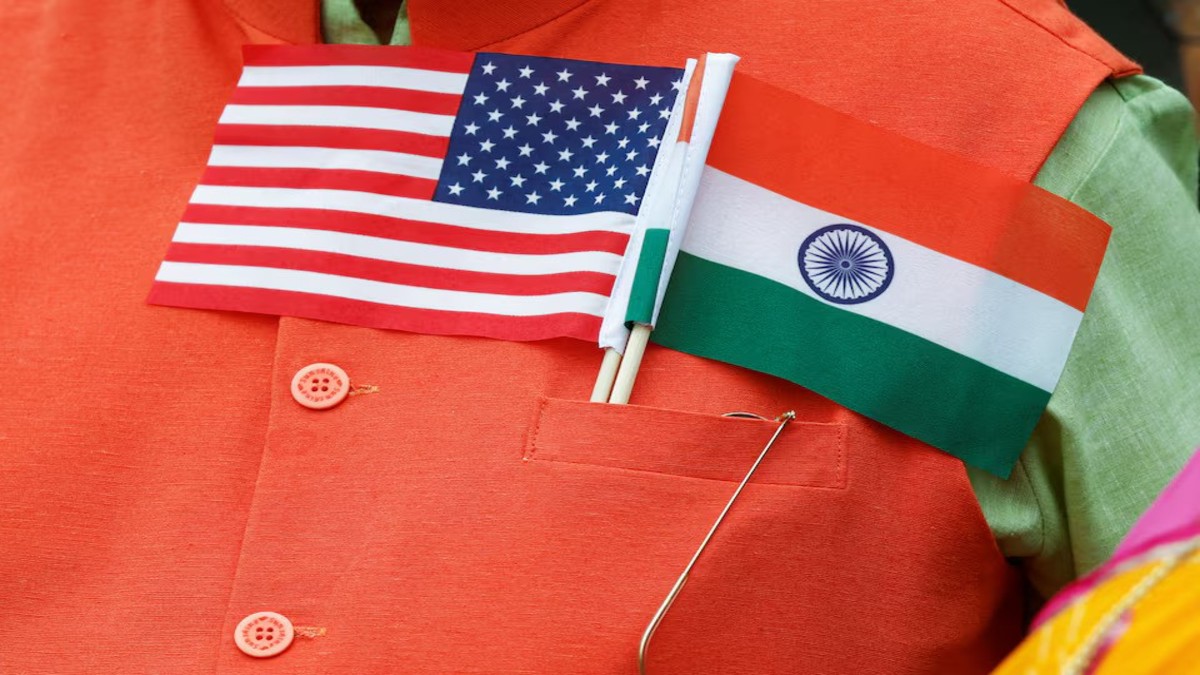When a viral X post mocked New York legislator Zohran Mamdani for eating with his hands, it revealed a profound cultural disconnect. Mamdani is running to be New York City’s next mayor. America’s conservative heartland—Make America Great Again (Maga)-land—has woefully misinterpreted one of India’s ancient traditions. Mamdani’s Ugandan birth further intensified the debate on cultural belonging ( The New York Times ). Republicans like Representative Brandon Gill exacerbated the tension, labelling hand-eating “uncivilised” ( NDTV ). Defences of Indian customs flooded X, prompting a critical question: how can India effectively engage Maga-land?
India has a unique opportunity to bridge this gap through Vice President JD Vance and his wife, Usha Vance , an Indian-American. Unlike Pakistan, whose outreach is limited by resentment among Global War on Terror veterans ( CFR ). A resentment that stretches to most of President Donald Trump’s cabinet, who see Pakistan as a necessary evil; India is free from such baggage. Leveraging shared values—strength, faith, and self-reliance—India can resonate deeply with Maga-land.
The Cultural Flashpoint
Eating with hands in India is a traditional ritual tied to Ayurveda, symbolising connection and simplicity ( Ayurveda ). Conversely, Maga-land—a coalition of rural, blue-collar, and faith-driven communities—now seems to view this practice negatively. JD and Usha Vance, with their visible celebration of Indian culture, provide a bridge, showcasing harmony between tradition and modernity.
Mirroring America’s Search for Its Roots
Influencers like Joe Rogan and the Liver King have popularised primal lifestyles—raw diets, hunting, and survival skills—reflecting Maga-land’s pursuit of authenticity. India’s ancient practices echo these primal American trends. Yogic immersions in the Ganges parallel American cold-water rituals; Nagaland’s bowmanship aligns with America’s hunting traditions. Ayurveda’s natural eating complements American primal food trends. India’s warrior traditions similarly appeal to Maga-land’s ‘valorisation’ of strength and discipline. But the fingers vs fork debate might derail any progress that has been made. Mixing India’s rich heritage with American short and fast subcultures might not work, but it’s worth exploring.
Impact Shorts
More ShortsJD and Usha Vance’s 2025 visit to India, including stops at the Akshardham Temple and historic sites like Agra and Jaipur, highlighted these shared values, underscoring India’s potential resonance with Maga-land.
JD and Usha Vance as Cultural Ambassadors
JD Vance, author of Hillbilly Elegy , embodies Maga-land’s spirit—a journey from poverty to success through resilience and determination. Usha Vance, a Hindu Indian-American and former Supreme Court clerk, complements him, openly integrating her heritage into public life. Their interfaith marriage exemplifies cultural fusion, resonating deeply with conservative America’s respect for tradition ( BBC ).
Strategically, JD Vance’s stance on stronger India-US relations to counter China’s influence aligns with Maga-land’s scepticism of Beijing. This political alignment provides India with an ideal partner to advance mutual interests, leveraging cultural and strategic affinities.
Strengthening Military and Strategic Ties
India’s representatives now regularly participate in strategic dialogues at the Pentagon, signalling closer alignment between Indian defence officials and their American counterparts. This increasing military-to-military engagement reflects India’s growing prominence within US strategic thinking. The US military, which significantly outstrips the State Department in terms of influence and resources, is now a key partner in India-US relations.
These frequent exchanges foster deeper personal and professional relationships. When Indian and American personnel live and work together, these interactions create ’living bridges’, enhancing mutual understanding. As Maga-land evolves, exposure to these sustained exchanges could shift conservative perceptions, potentially fostering deeper respect and appreciation for Indian traditions and strategic perspectives.
Conclusion: Embracing Civilisation over Transaction
India has an unparalleled opportunity to connect deeply with Maga-land by embracing shared cultural values of strength, tradition, and self-reliance. JD and Usha Vance are powerful conduits, embodying this fusion of cultures. Enhanced strategic dialogues and military cooperation further cement this relationship, providing fertile ground for cultural exchange. Strategic engagement with conservative American communities can ensure India’s voice resonates beyond elite circles in New York and Washington, DC, deeply embedding itself into Maga-land’s cultural and political fabric. By prioritising genuine, civilisational dialogue over transactional diplomacy, India can build enduring bridges with America’s conservative heartland.
The author is a strategist in international relations and economic development. Views expressed in the above piece are personal and solely those of the author. They do not necessarily reflect Firstpost’s views.
)